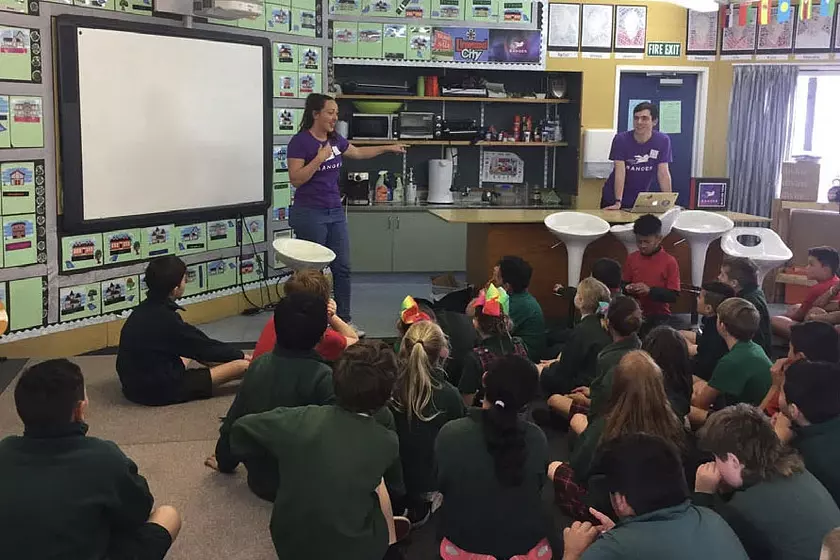A Hands-On Approach to Learning
Banqer provides my students with authentic, real life learning experiences that can be easily integrated in the classroom programme. Students sign a 'Conditions of Employment' agreement, which mirrors the responsibilities they will have in the workforce. These conditions include respecting others and equipment, maintaining a good attitude, and keeping their workspace tidy.
This not only teaches them about the importance of responsibility but also aligns with key competency focuses in their curriculum. It sets the stage for a weekly salary, introducing them to the concept of income and the necessity of managing it wisely.

Balancing Necessities and Luxuries
Like adults managing their finances, students have compulsory weekly costs. These include renting their computer, paying for photocopying, and covering storage for their bags and books. This practical approach mimics real-world expenses and teaches students the importance of budgeting for necessities.
But life isn't just about the necessities. Banqer also introduces the concept of discretionary spending. Students can use their extra money to rent luxuries like couches and bean bags or use a sandwich maker. These items serve as analogies for real-world luxuries such as premium cable packages, the latest smartphones, or new cars.
Students can earn extra money for doing set jobs around the classroom
The Value of Hard Work
Banqer encourages students to earn extra money by applying in writing for jobs around the classroom. They can also earn 'bonus bucks' for academic progress and other notable achievements. This system reinforces the connection between hard work and financial reward. Pretend money is also given out during the day. Students are required to self-manage and look after that money and bank it before school. Just like waiting for the bank to open in the ‘real world’.
Beyond the Classroom
The impact of Banqer extends beyond the classroom. Colin shares stories of students discussing with their parents about opening their own savings accounts to earn interest on their money. As well as improving mathematical knowledge, Banqer has allowed the teachers of Linwood Avenue to provide learning experiences that have a ‘real life’ feel to them.
If students make mistakes and learn from banking experiences in a controlled environment as students it’s likely to prevent mismanagement of money as adults.

